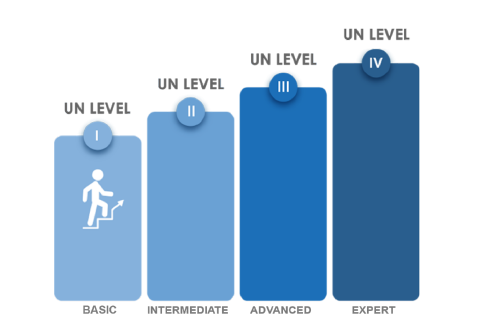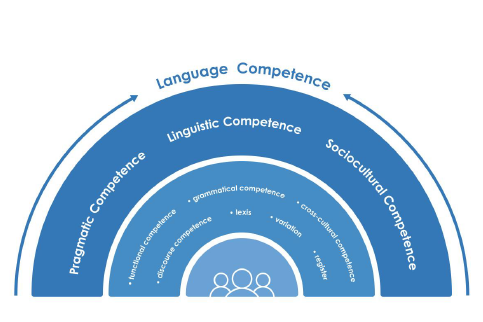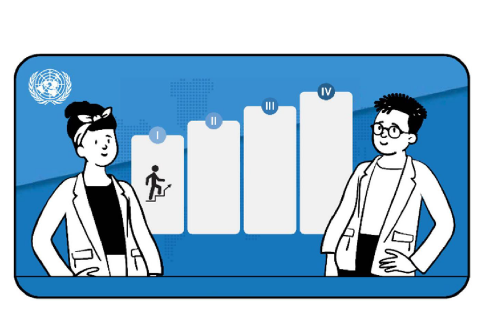UN Language Framework
The United Nations Language Framework, unique to the specific context of the United Nations, breaks down language skills into four levels. The Framework standardizes the way languages are learnt, taught and assessed, regardless of location or language.
Unique to our diverse, international organization, the United Nations Language Framework - the UNLF - leverages multilingualism in all dimensions, including:
- communication among Member States
- communication with the public that the UN serves
- communication among UN staff members
One of the main components of this Framework is the definition of four levels of language competence. The Framework and UN levels aim to build consistency on how language skills are described.
The adoption of this Framework allows for more consistency among language programmes, while remaining flexible and adaptable to local realities, for stronger recognition of language skills and smoother transitions in career mobility and development.
The UN Levels of Language Competence
- UN Level I or Basic Language Competence
- UN Level II or Intermediate Language Competence
- UN Level III or Advanced Language Competence, baseline for the Language Proficiency Examination
- UN Level IV or Expert Language Competence
Each of the four UN Levels is defined by one overall descriptor and four specific descriptors.
The overall descriptor indicates what staff members do and how at every level of language competence. It includes the conditions required to facilitate and promote successful communication and cooperation.
The four specific descriptors delve into the four skill areas:
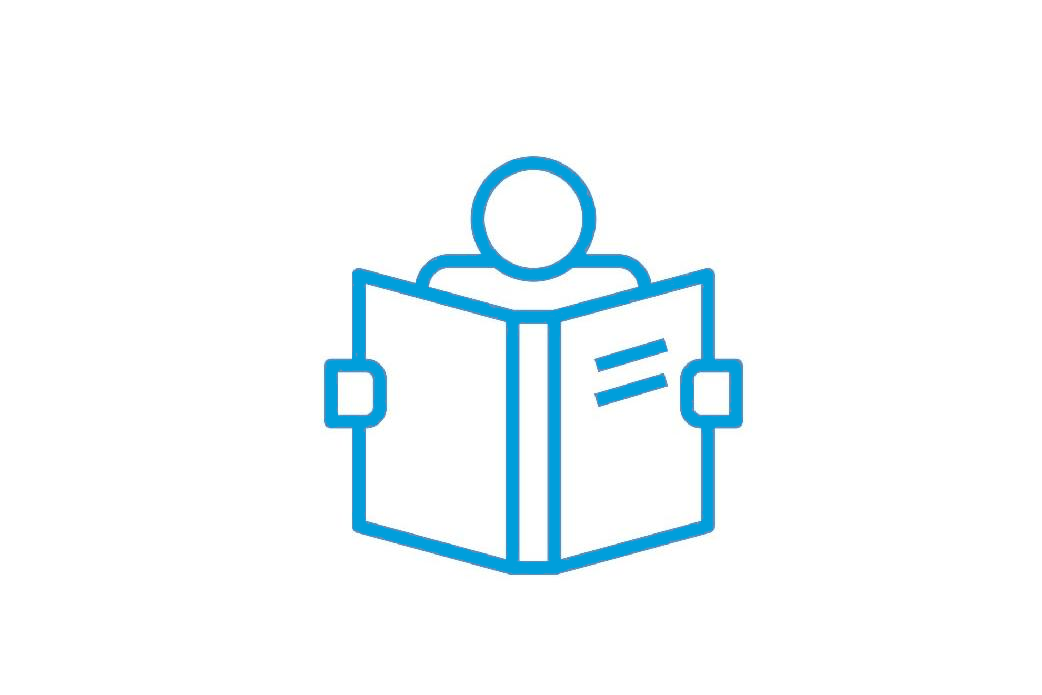
Reading
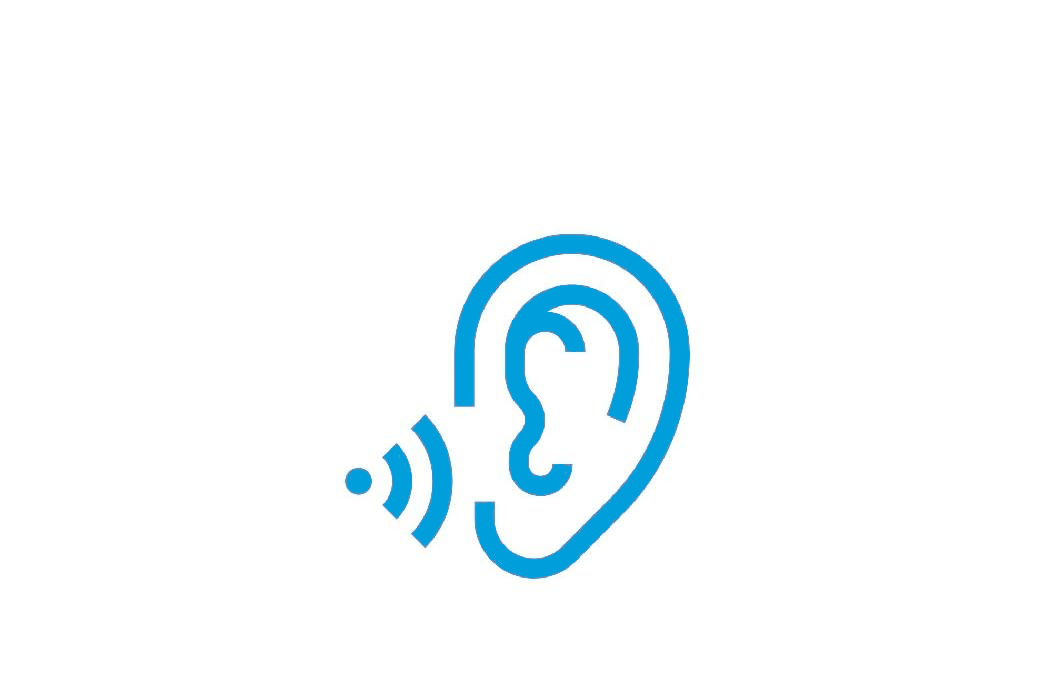
Listening
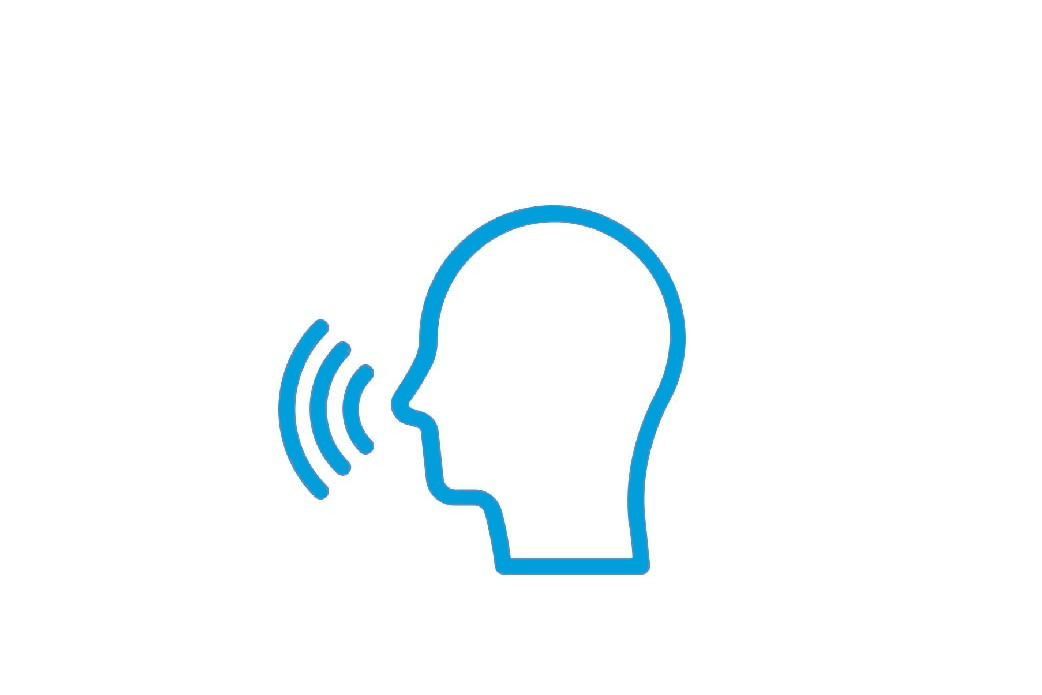
Speaking
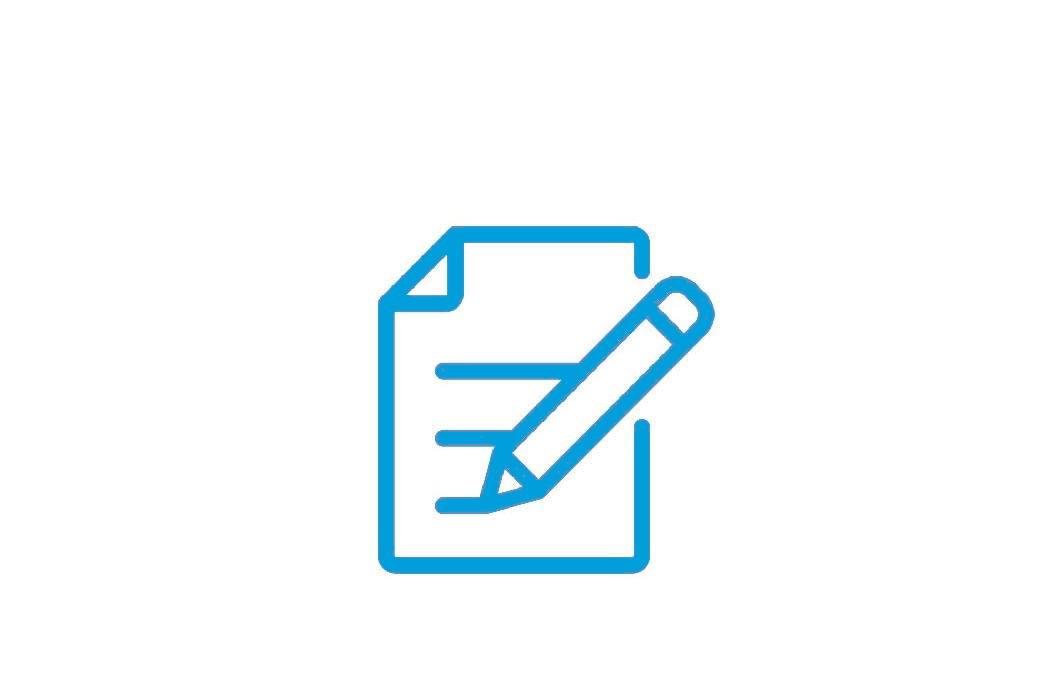
Writing
The UN Levels of Language Competence refer to using the language in three domains: The personal, public and professional domains. The domain defines the area in which the interaction or communication takes place.
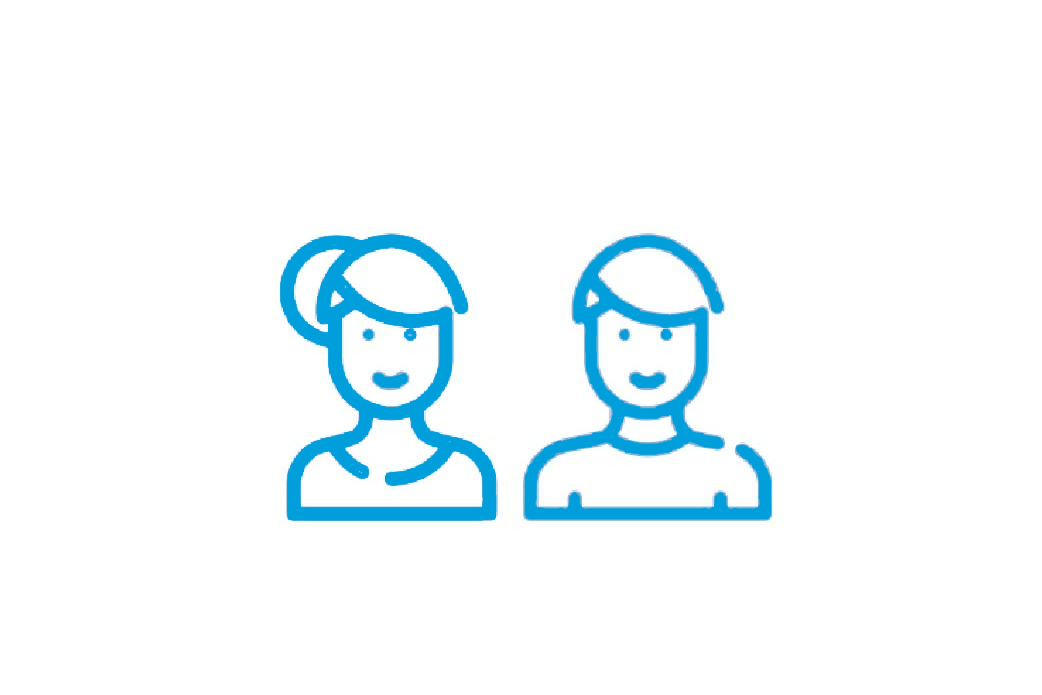
Personal Domain
For interpersonal relationships and individual social practices
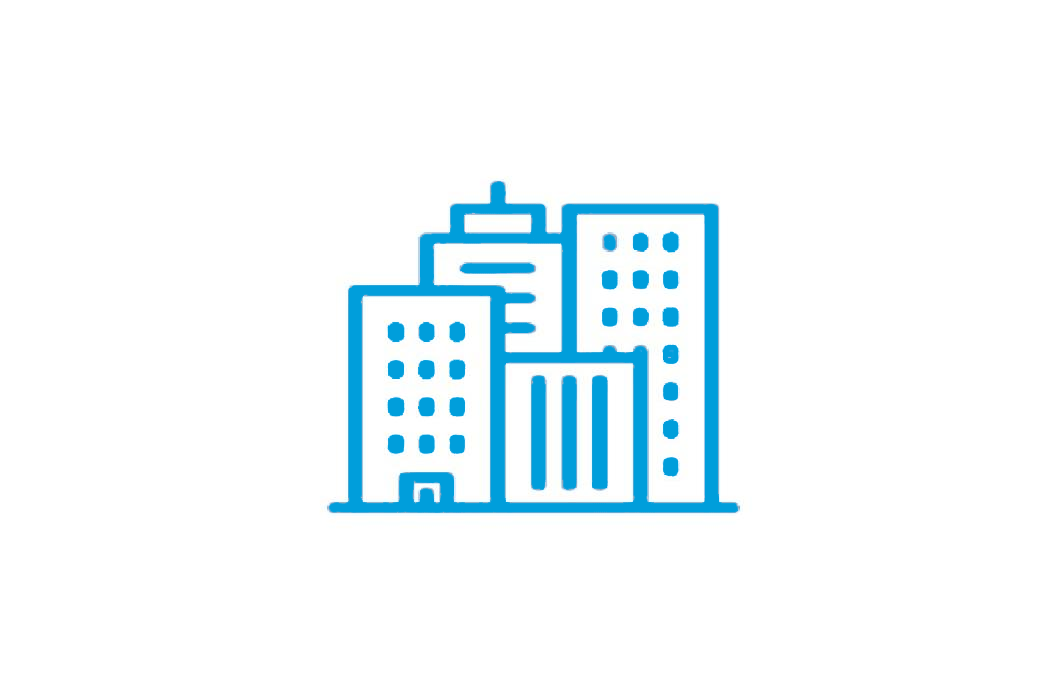
Public Domain
For the transactions of various kinds of citizens within a community, such as administrative tasks, that deal with public services
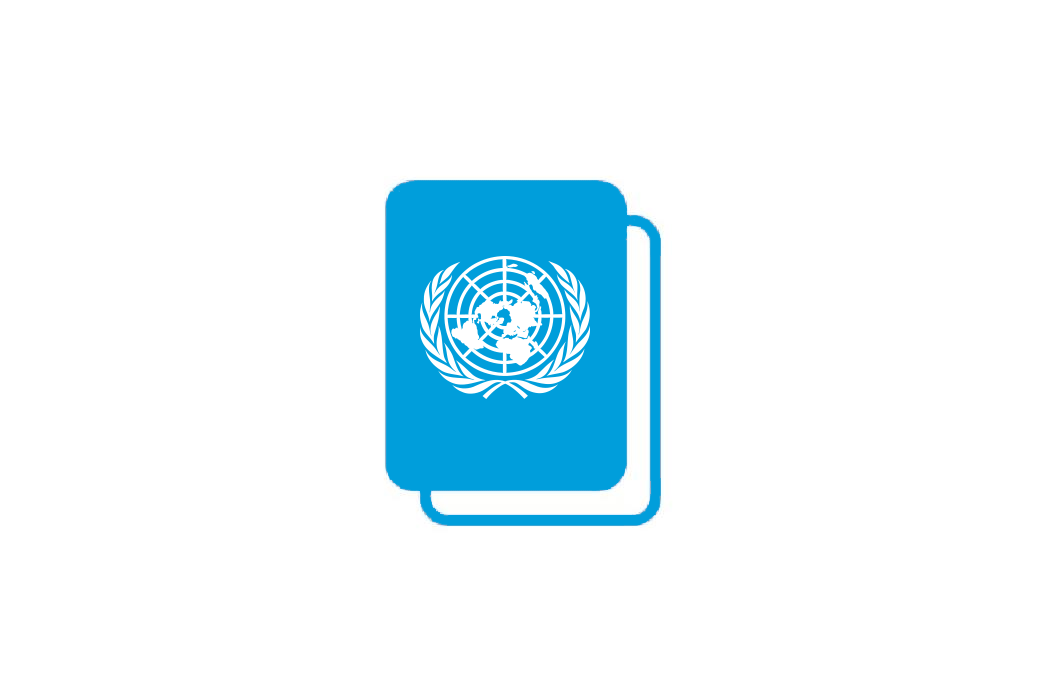
Professional Domain
For an individual’s activities in the exercise of their occupation
The UN Levels of Language Competence build upon each other. Language users can have an overview of the four skills at each UN level or can check the progression in each skill at the different levels. The video, audio and text samples in different languages illustrate how language users write and speak at different levels.
The UN Language Framework Components
The UN Language Framework includes two more components, the Core Curriculum and the Language-Specific Curriculum, to elaborate on the UN levels descriptors.
The Core Curriculum directly connects to the UN-level specific descriptors and expands on them with a set of objectives for the language users that are described in the form of tasks. These objectives are related to the personal, public or professional areas.
The Language-specific Curriculum is tailored to each of the six UN official languages, forming the most detailed layer of the UN Language Framework structure. The Language-specific Curriculum presents an inventory of the minimum language content necessary to attain each UN level.

